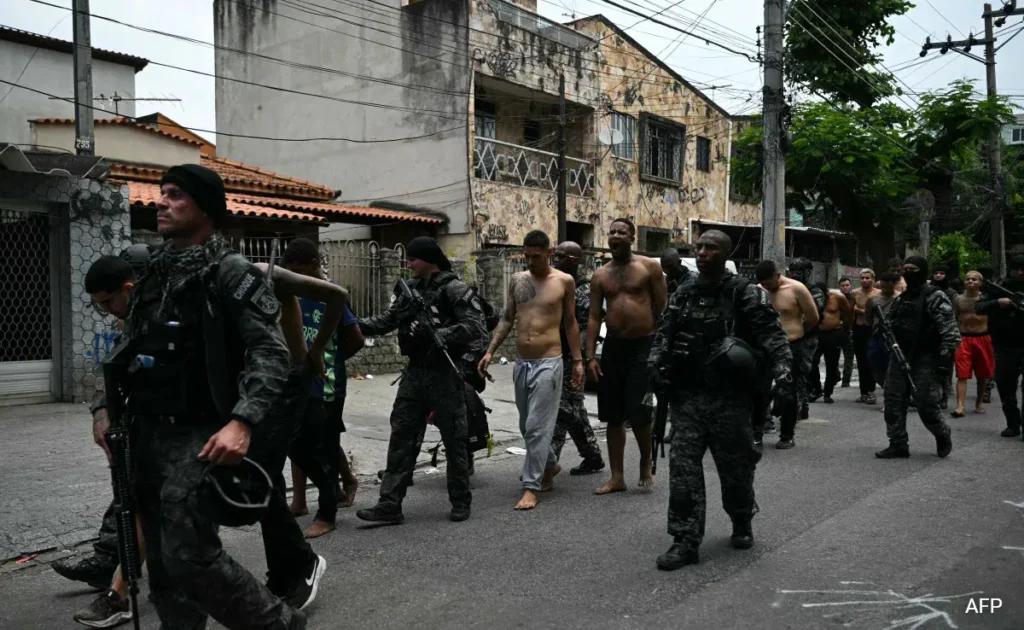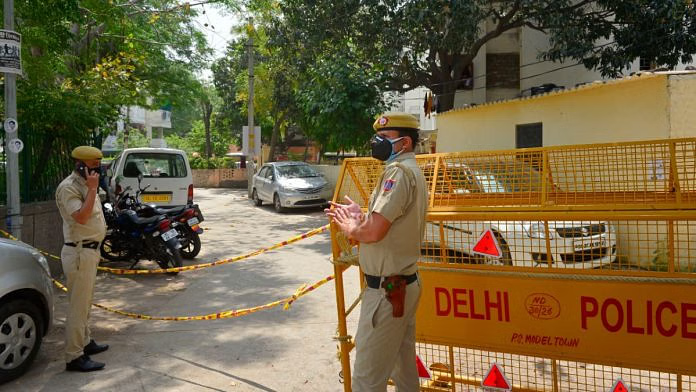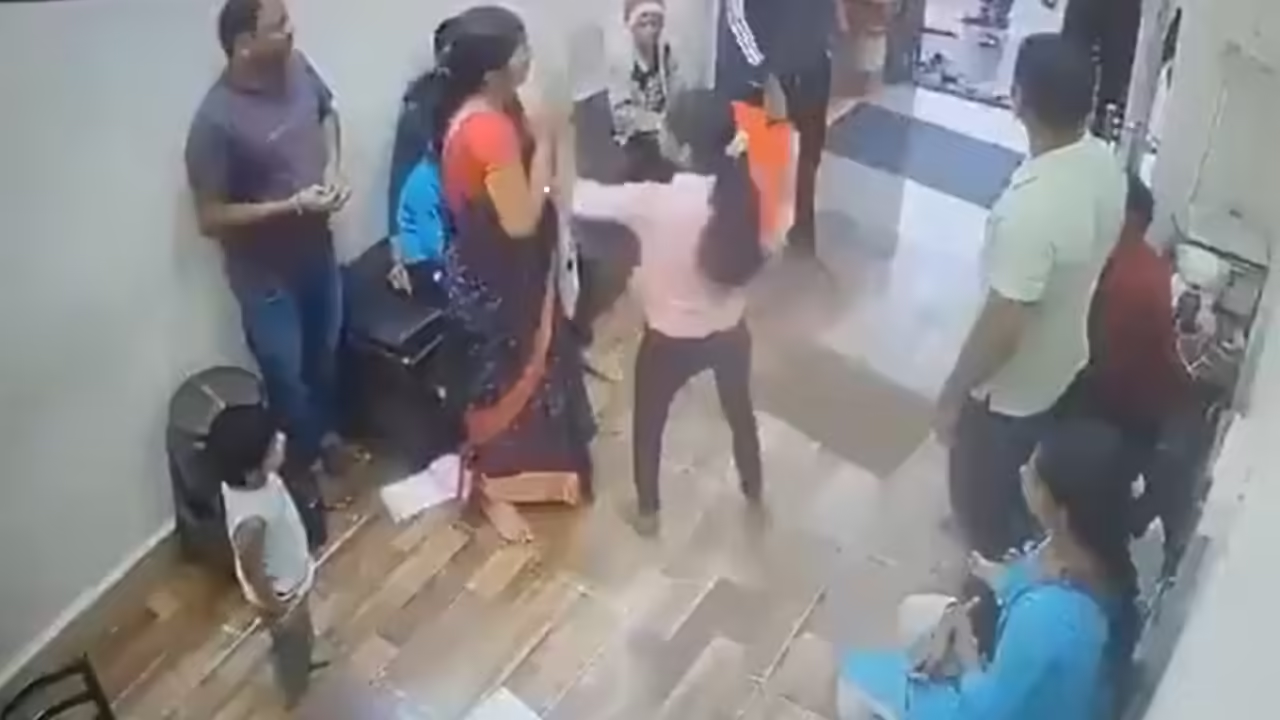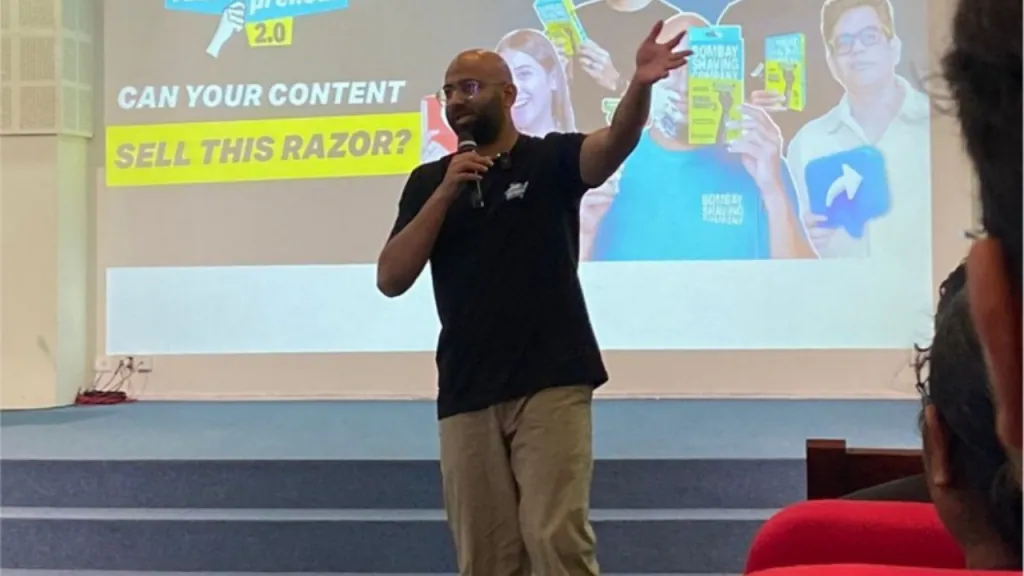Now Reading: Janhvi Kapoor Condemns Viral Assault Video From Thane Clinic: ‘Shame On Us’ Sparks National Outrage
-
01
Janhvi Kapoor Condemns Viral Assault Video From Thane Clinic: ‘Shame On Us’ Sparks National Outrage
Janhvi Kapoor Condemns Viral Assault Video From Thane Clinic: ‘Shame On Us’ Sparks National Outrage

Bollywood actor Janhvi Kapoor has strongly reacted to a viral video from Thane showing a man dragging a clinic receptionist by her hair during a violent outburst. The disturbing footage triggered shock across social media, and Janhvi’s public response—calling it “shameful”—has amplified the growing conversation around workplace safety and accountability, especially for women in small, unguarded spaces.
The Video That Sparked Public Outrage
The incident took place at a clinic in Thane, where an enraged man was captured on CCTV pulling a female receptionist by her hair, dragging her across the floor, and assaulting her in front of other staff and patients. The video quickly spread across platforms, prompting immediate condemnation from the public, civil rights groups, and now celebrities.
Janhvi Kapoor shared the clip on her Instagram story, calling it “absolutely disgusting” and writing, “Shame on us if we let this go unnoticed.”
Bollywood Voices Step In
While celebrity statements often revolve around entertainment-related issues, Janhvi’s intervention in this case has shifted the spotlight onto systemic gaps in everyday safety. Several users online praised her for using her platform to call out gender-based violence, especially one that unfolded in a place as ordinary as a clinic reception.
Other public figures have also started responding, with calls for stricter workplace safety policies in semi-urban and Tier 2 areas.
Larger Problem of Vulnerability in Workspaces
The Thane assault is not an isolated case. Across Indian towns and cities—especially Tier 2 locations like Nashik, Nagpur, and Surat—many small workplaces lack basic protective measures such as CCTV, trained security, or grievance redressal systems. Receptionists, medical staff, and customer service workers, often women, are particularly vulnerable during public-facing roles.
This latest incident underscores the need for safety protocols, timely legal action, and public awareness in such environments.
Law Enforcement Responds After Public Pressure
Following widespread attention, including from celebrities and social activists, the local police have initiated action against the accused. Authorities are also reviewing the security setup of clinics in the area, and women’s rights groups have called for mandatory workplace safety audits in private establishments.
Public outrage has forced a quicker-than-usual response—but the real test lies in ensuring lasting protections beyond one viral video.
Conclusion
Janhvi Kapoor’s sharp words have added urgency to a story that might have otherwise been lost in the news cycle. The Thane assault video serves as a brutal reminder that workplace safety for women cannot depend on luck—or outrage alone. It demands planning, enforcement, and the collective will to make public spaces truly safe. Because when celebrities have to say “shame on us,” the shame is already overdue.

























